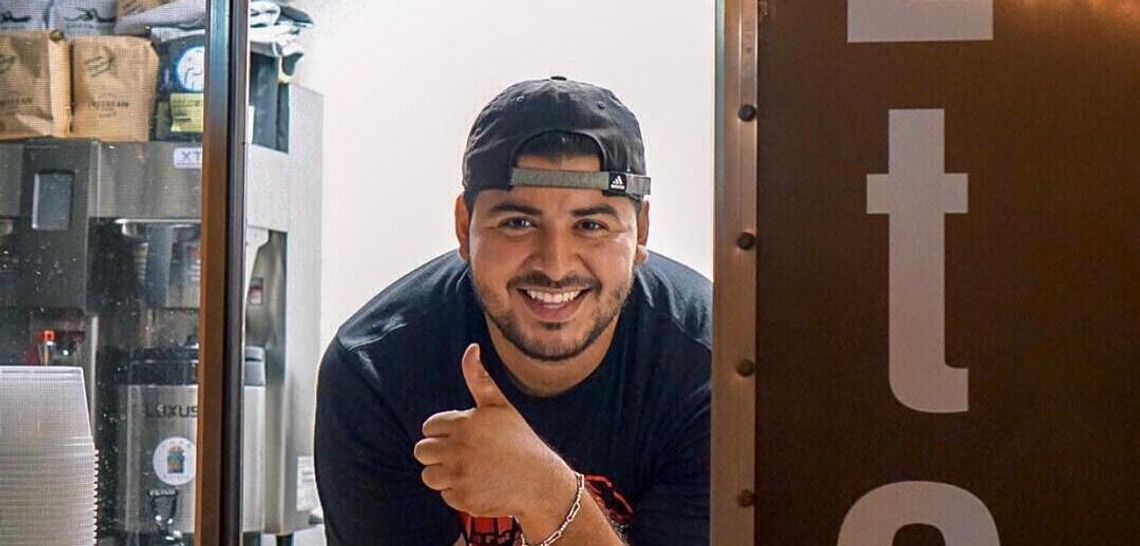It’s no secret that coffee is a key component of the average American morning routine.
So much so, Austin and San Antonio, both big coffee hubs, ranked in the top 100 cities in America for a good cup of coffee, according to a new 2018 study by Wallethub.
Those results leave the Central Texas area, in particular, Hays County, prime real estate for a growing coffee industry. Austin ranked 17th on the list of top cities for coffee, the highest in Texas. Experts at Wallethub credited the high ranking based on the high number of coffee shops per capita and a growing demand for coffee from smaller and developing shops.
PLEASE LOG IN FOR PREMIUM CONTENT. Our website requires visitors to log in to view the best local news.
Not yet a subscriber? Subscribe today!










